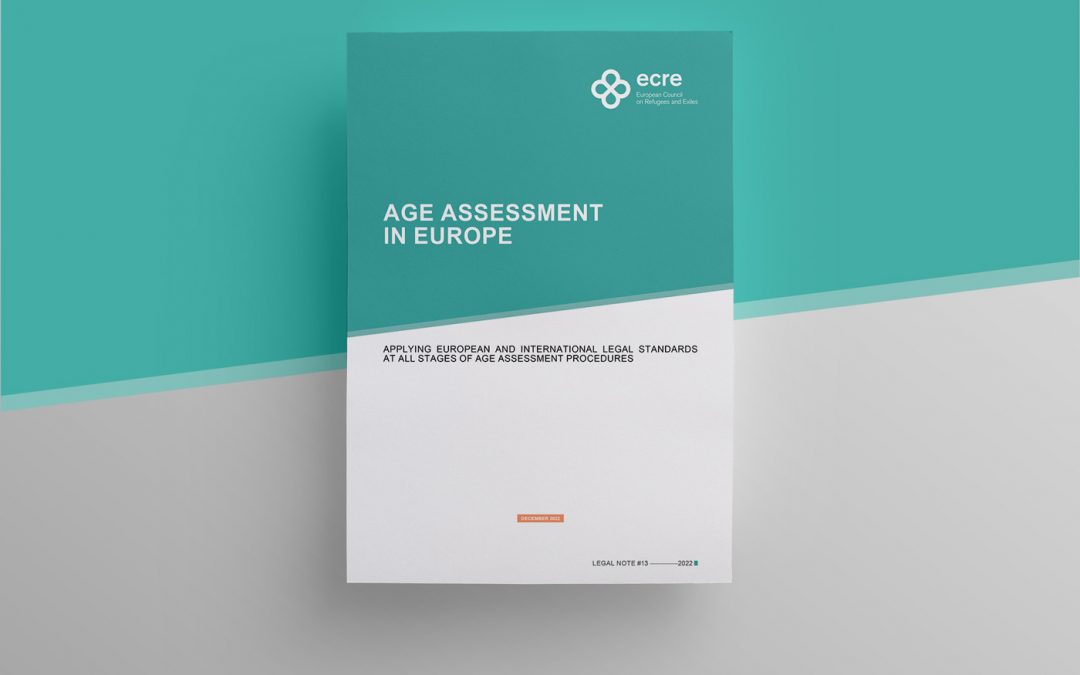ECRE has published a legal note on the applicable European and international legal standards in age assessment procedures. The note provides a brief overview of the main challenges in age assessment in Europe and sets out the relevant legal obligations under EU law, the European Convention on Human Rights and international law.
The analysis of the relevant guarantees is presented in three parts, namely the initiation of age assessment procedures, the conduct of age assessment procedures and the remedies against the outcome of such procedures. In the first part, the note analyses the grounds that may result in a decision to start an age assessment procedure, as well as the role of evidentiary standards, information provision and consent in this decision. Regarding the conduct of age assessment procedures, the note analyses the use of medical examinations to determine the age of asylum applicants and the benefit of the doubt during age assessment procedures. Lastly, in the final part the note analyses the obligation to provide a remedy against the result of the age assessment and the required characteristics of that remedy.
EU law, Council of Europe standards and international law relating to the rights of children guide the analysis with a specific emphasis on the principle of the best interests of the child. The analysis is also supported by general and child-specific jurisprudence.
The note identifies a wide range of safeguards under European and international law that should apply in all age assessment procedures and concludes with a set of recommendations on guarantees that states must ensure before, during and after the conclusion of an age assessment procedure.

